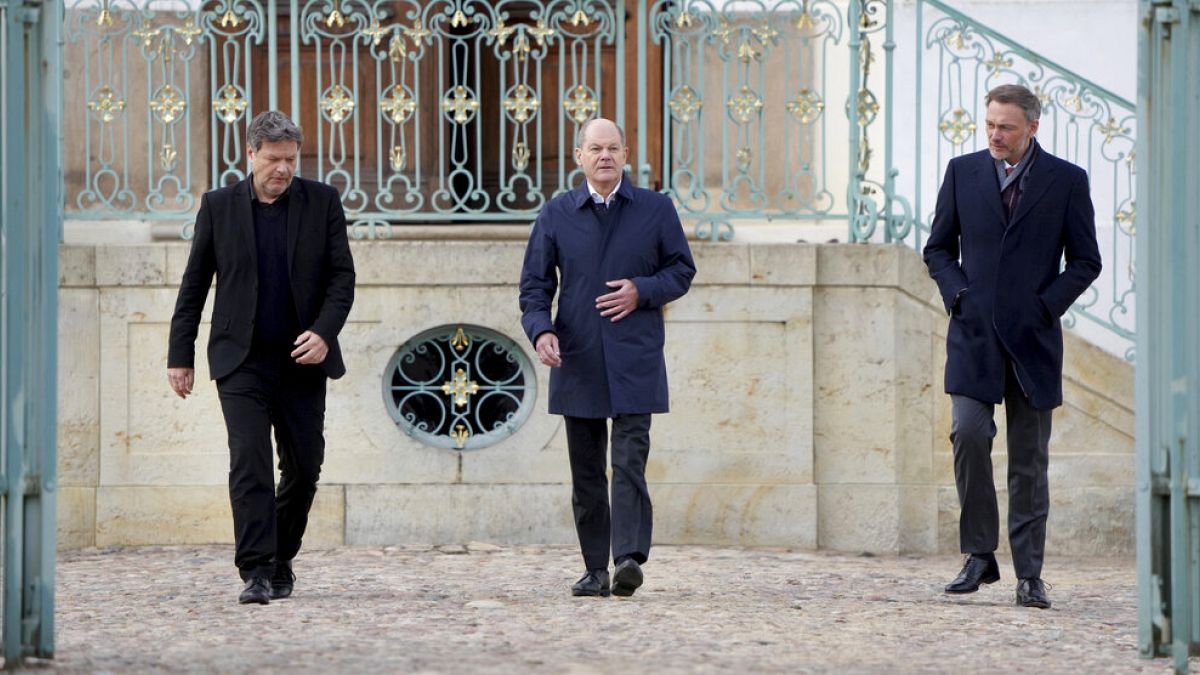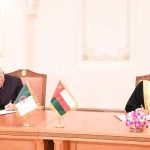German Chancellor Olaf Scholz has faced criticism for excluding his finance and economy ministers from a recent industry summit, leading to accusations of using the event as a platform for his upcoming election campaign. The move has sparked backlash from critics who believe that Scholz is shutting out other parties and focusing on his own agenda. While defending the chancellor’s actions, Social Democratic Party leader Saskia Esken stated that it is normal for a chancellor to take charge in times of crisis. However, opposition figures like Finance Minister Christian Lindner have expressed discontent over being left out of the summit.
In response to being excluded from Scholz’s summit, Lindner has organized his own meeting with representatives of small and medium-sized enterprises on the same day. He continues to emphasize the importance of following the German debt brake, which limits the country’s structural budget deficit. Lindner justifies his “counter-event” as a necessary step in addressing Germany’s economic challenges, including potential plant closures at Volkswagen. Meanwhile, Economics Minister Robert Habeck, who is likely to be the Green candidate for chancellor, has presented his own economic analysis calling for increased public investment.
In the midst of these political tensions, IMF Europe chief Alfred Kammer has highlighted Europe’s growth challenges compared to the US. He pointed out that European companies are less productive than their American counterparts, citing obstacles such as declining labor force, bureaucratic inefficiencies, and lack of a true single market. Kammer praised Lindner’s structural reform plans as crucial for Germany, emphasizing the need for increased public sector investments in infrastructure. While Scholz has emphasized the importance of moving away from political drama, concerns remain about the lack of transparency following the summit.
The spotlight on Germany’s economic policies has intensified as the country grapples with various challenges, including the economic impact of the COVID-19 pandemic and potential plant closures. The debate between different political parties and government officials reflects broader discussions about the best strategies for stimulating economic growth and addressing structural issues. As the election approaches, the tensions between Scholz and his counterparts underscore the importance of collaboration and transparency in navigating Germany’s economic landscape.
In conclusion, the recent industry summit led by German Chancellor Olaf Scholz has sparked controversy due to the exclusion of key ministers and accusations of using the event for political gain. The response from opposition figures like Finance Minister Christian Lindner and potential Green candidate for chancellor Robert Habeck highlights the ongoing political tensions surrounding economic policy and public investment. The insights from IMF Europe chief Alfred Kammer shed light on the challenges facing Europe’s economy compared to the US and the importance of structural reforms and increased public investments for sustainable growth. As Germany navigates its economic challenges, the need for collaboration and transparency remains crucial for effective governance and policy-making.










